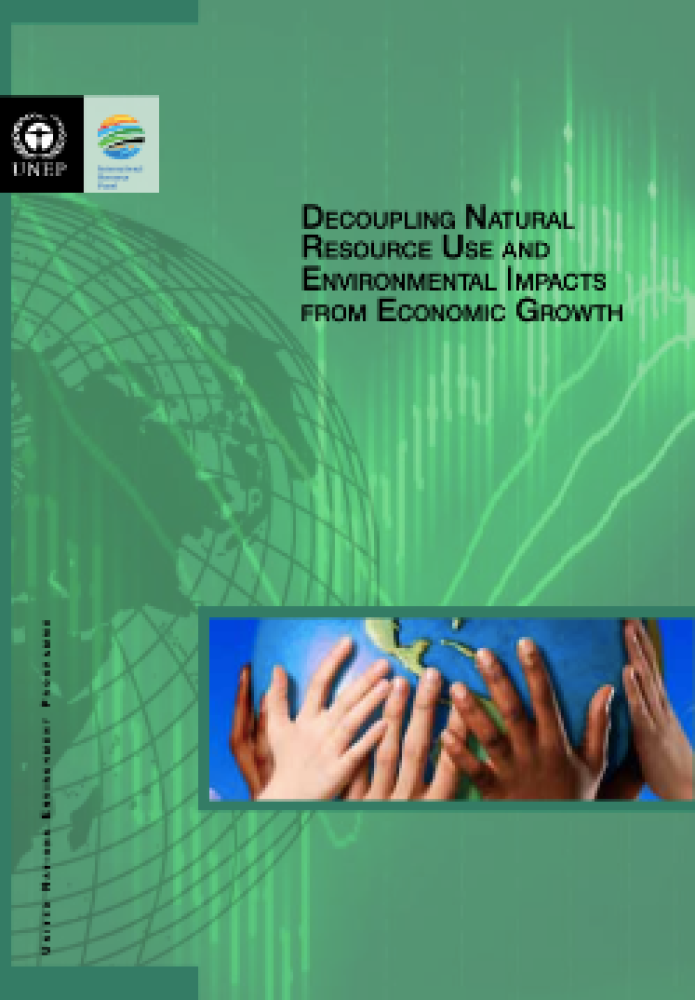Descripción
The report provides a foundation for understanding global trends in resource use, assessing the degree of decoupling achieved, and exploring the potential to enhance it. Key findings reveal that while there has been some relative decoupling between economic growth and resource use, this has been insufficient to counterbalance the absolute increase in material consumption and the associated environmental impacts. It is noted that resource productivity has improved, but at a much slower pace than economic growth. Case studies from countries such as China, Germany, Japan, and South Africa illustrate limited progress in decoupling strategies, with particular challenges in emerging economies. The need to rethink economic growth models is emphasized, and the crucial role of cities in building more resource-efficient economies is highlighted. Among the proposals is the implementation of circular economy policies that promote reuse, recycling, and waste reduction. The adoption of economic instruments, such as resource taxes and emissions trading systems, is suggested to incentivize resource efficiency. Additionally, the development of green industrial policies is recommended to foster innovation in clean technologies and more efficient production processes. The report also underscores the importance of cities as centers of innovation and resource efficiency, proposing urban planning that prioritizes densification, efficient public transport, and sustainable construction. Finally, the importance of international cooperation and technology transfer is emphasized to help developing countries adopt more sustainable growth trajectories, avoiding the resource-intensive patterns historically followed by industrialized economies.
Instituciones:
Autores:
- Anna Bella Siriban Manalang,
- Ernst Ulrich von Weizsäcker
- Fridolin Krausmann
- Marina Fischer-Kowalski
- Mark Swillin
- Nina Eisenmenger
- Paty Romero Lankao
- Peter Hennicke
- Rene Kemp
- Sebastian Sewerin
- Stefan Giljum
- Wendy Crane
- Yong Ren
- Yuichi Moriguch
Resultados:
Áreas de política:
Instrumentos:
Idiomas:
- English
Beneficiarios:
Países:
- Alemania
- Brasil
- Canadá
- China
- Japón
- Mundo (agreg.)
- Sudáfrica
ÚNETE A LA CONVERSACIÓN:
Si quieres unirte y participar presiona "Quiero Colaborar"; si aún no tienes tu cuenta presiona "Registrarme".


